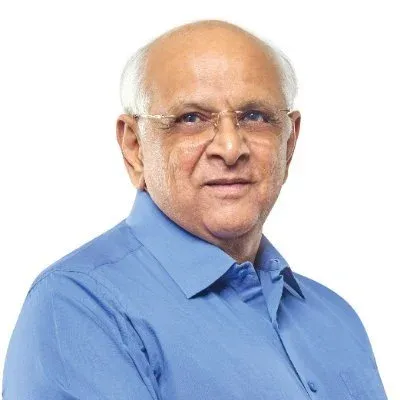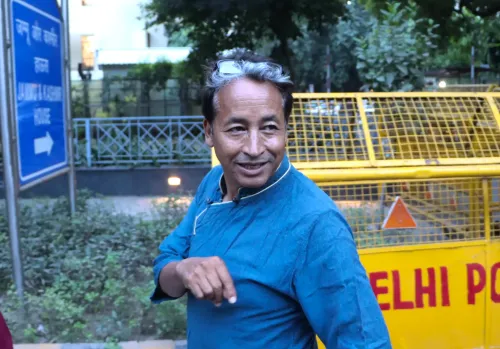Have Gujarat's Middle-Class Families Received Relief on Property Transfer Duty?

Synopsis
Key Takeaways
- 80% reduction in property transfer duties for middle-class families.
- Only 20% of stamp duty now payable for property transfers.
- Significant relief for families seeking housing regularization.
- Supports the state's urban development and affordable housing goals.
- Legislative backing from the Gujarat Stamp Act, 1958.
Gandhinagar, June 30 (NationPress) Gujarat's Chief Minister Bhupendra Patel has made a significant announcement regarding housing ownership transfers, implementing a remarkable waiver on the applicable duty.
According to the newly approved directive, societies, associations, and non-profit entities transferring property ownership via allotment letters or share certificates will now only need to pay 20 percent of the stamp duty, benefitting from an impressive 80 percent reduction on the total duty.
This exemption, enacted under Section 9(a) of the Gujarat Stamp Act, 1958, aims to assist thousands of families looking to formalize property transfers within cooperative housing frameworks.
Previously, these entities were obligated to pay the full 100 percent of the eligible stamp duty for property ownership transfers, a financial burden that weighed heavily on middle- and lower-middle-class families striving for housing regularization.
The new policy, offering an 80 percent waiver, significantly alleviates this financial strain, making formal property ownership more feasible and accessible.
This initiative is expected to enhance housing regularization, promote legal property transfers, and strongly support the state’s urban development and affordable housing objectives, particularly benefiting cooperative housing societies throughout Gujarat.
The Gujarat Stamp Act, 1958 serves as a critical legislative framework that regulates the imposition and collection of stamp duty on various legal and financial documents executed within the state.
Designed to ensure proper documentation and revenue collection for transactions like property sales, leases, mortgages, and transfers, the Act outlines the rates and procedures for stamping these instruments.
Section 9(a) of the Act grants the state government the authority to provide partial or complete exemptions on stamp duty in particular circumstances, especially those serving public interest or advancing certain economic or social goals.
In Gujarat, transferring property within cooperative societies typically necessitates registering the transfer via an allotment letter or share certificate, along with a transfer deed submitted to the local sub-registrar's office, where applicable stamp duty is paid, and registry certification is obtained.
The sub-registrar then verifies identities, title clearances, and encumbrance certificates before officially recording the name of the new owner.
After registration, updated share certificates and allotment letters are provided to the transferee, and municipal and land registry records are promptly updated to reflect the change in ownership.









